Scientists Find Building Blocks of Life on Saturn’s Icy Moon
More evidence that Saturn's moon Enceladus is one of the best places to look for life.

More evidence that Saturn's moon Enceladus is one of the best places to look for life.
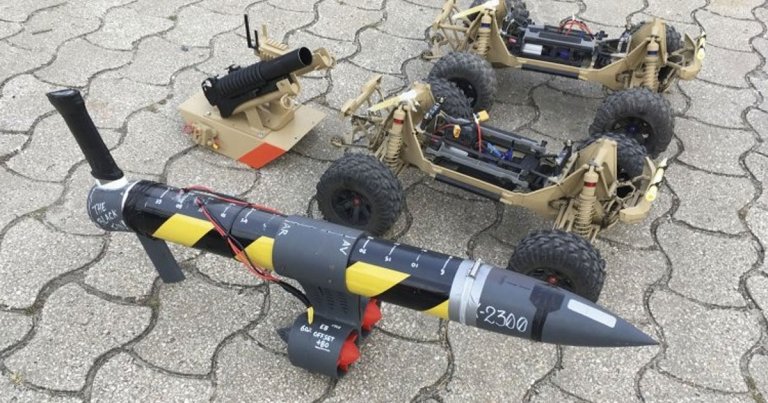
If you see one of these toy cars coming at you, run.

Go ahead and cancel that trip to Amsterdam.
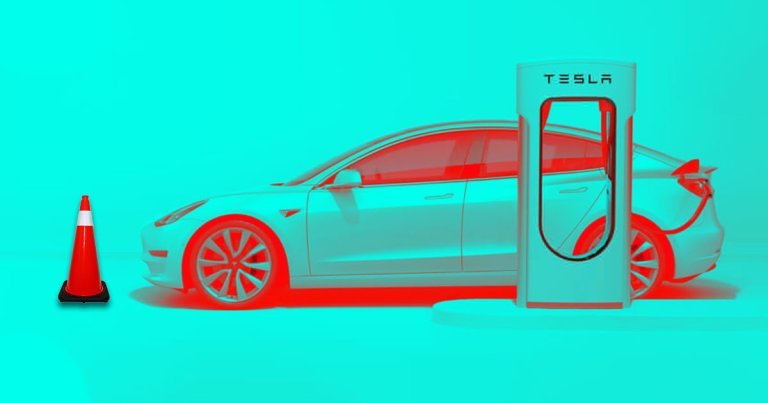
It seems drivers of EVs and non-EVs can get along just fine.

Everything you thought you knew about black holes might be wrong.
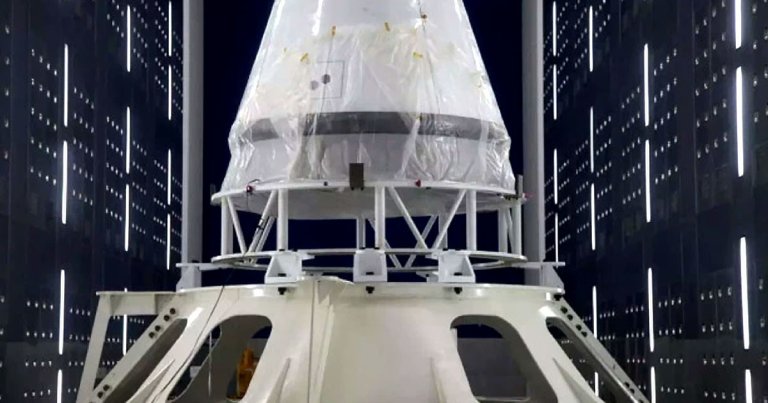
The new Space Race is heating up.

It zips around its star in just 18.4 hours.
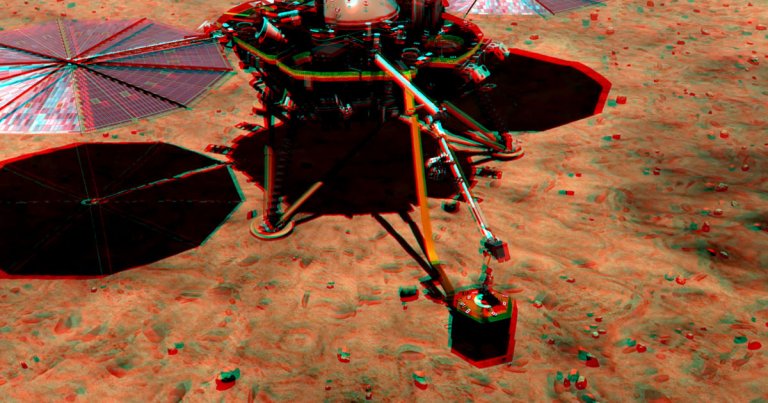
Listen to the latest audio samples from NASA's Mars lander.

After 17 years on the lam, the human trafficker is now back in prison.

"We are on the same level of carbon catastrophe which is a bit sobering."

The space agency nearly sent a tortoise to the Moon as well.
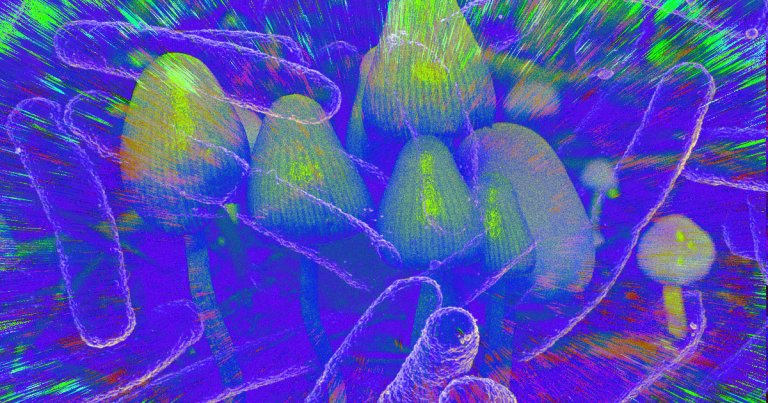
We need a way to mass produce this promising psychedelic compound. This could be it.

Denis Baykov used a top-secret nuclear lab's supercomputer to mine crypto.
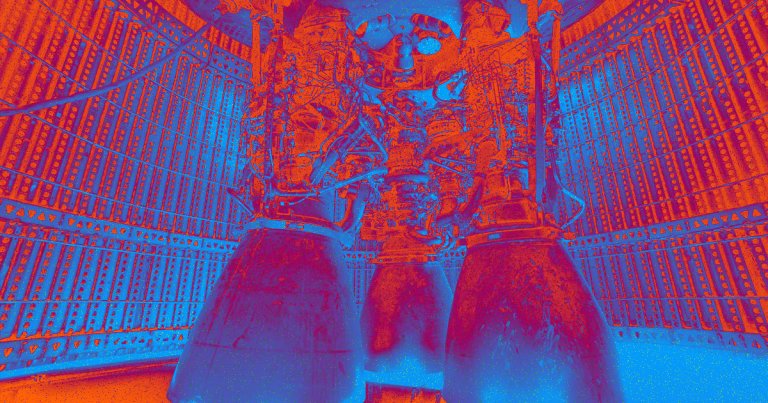
Yep, there's plenty of room for passengers.

Drivers were surprised to see a threesome vid playing on an electronic billboard.

Here's a closer look at SpaceX's record-breaking rocket and booster.

If it moves into human trials, it could revolutionize trauma medicine.

He called her plan to break up big tech an existential threat.